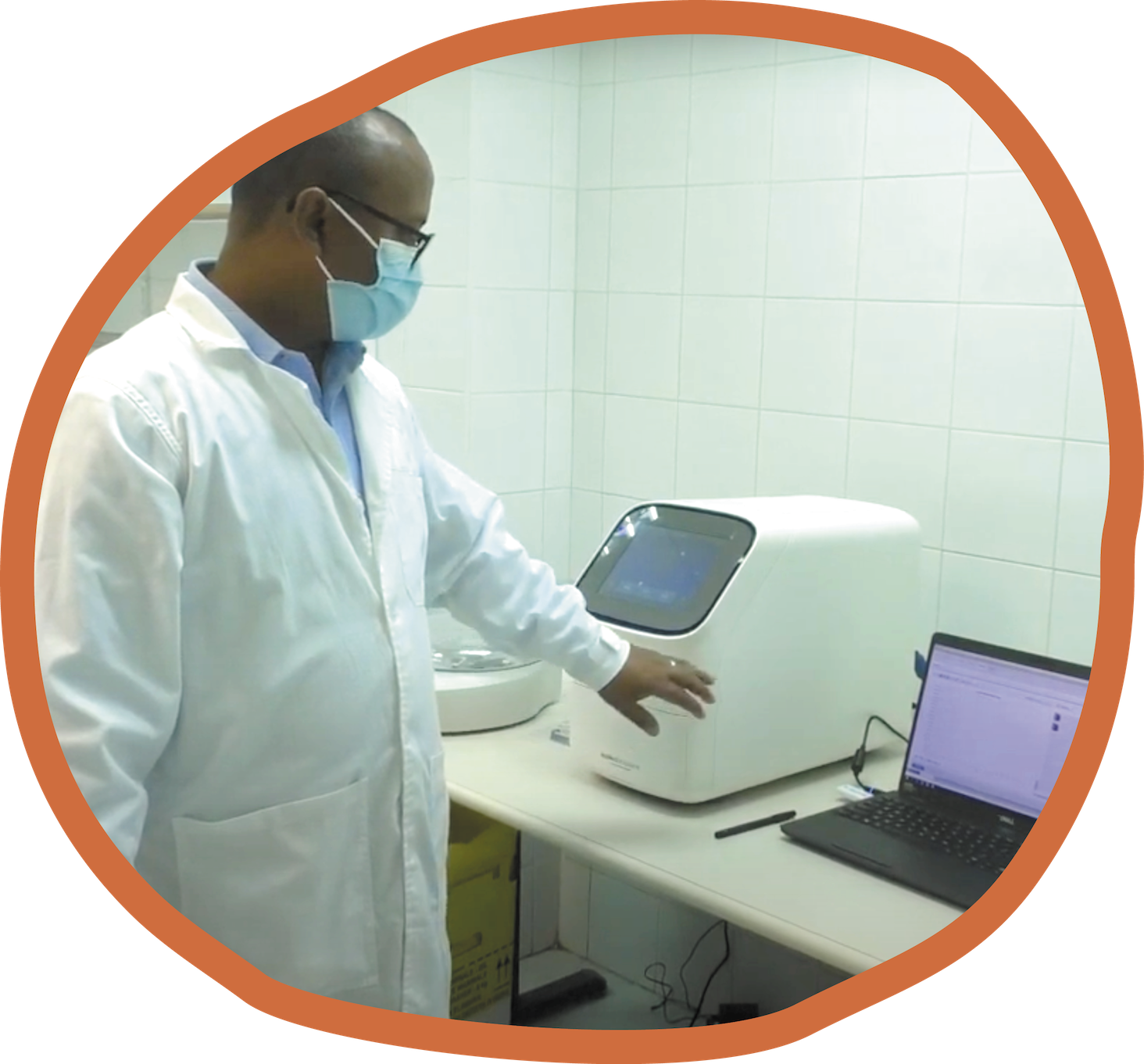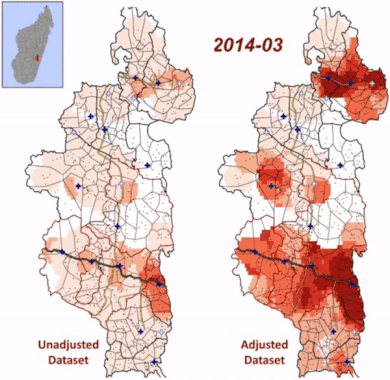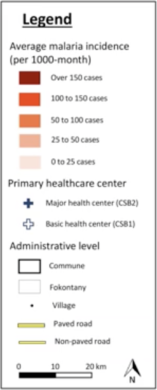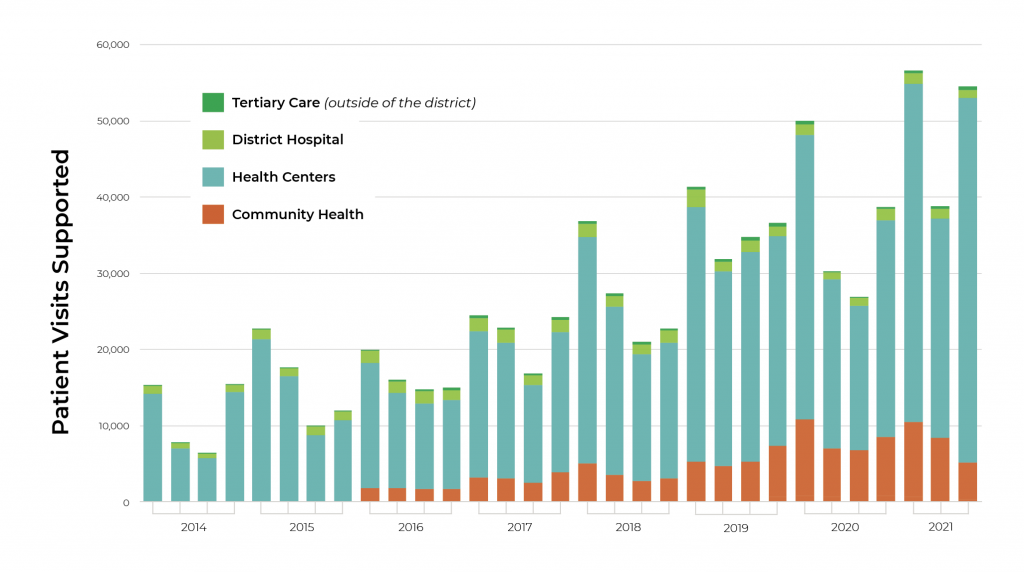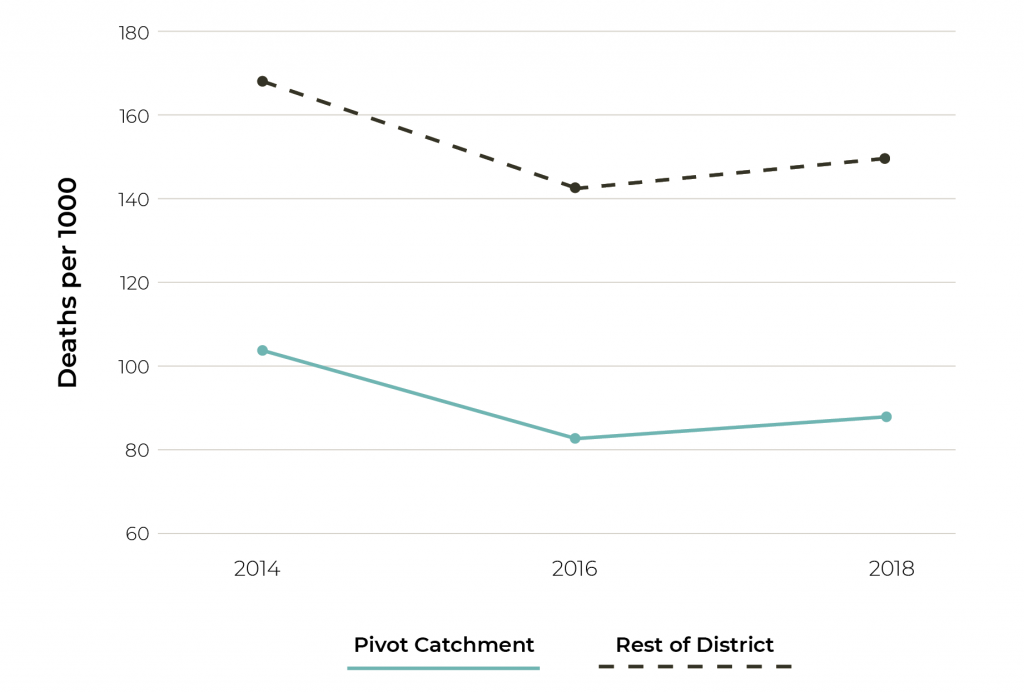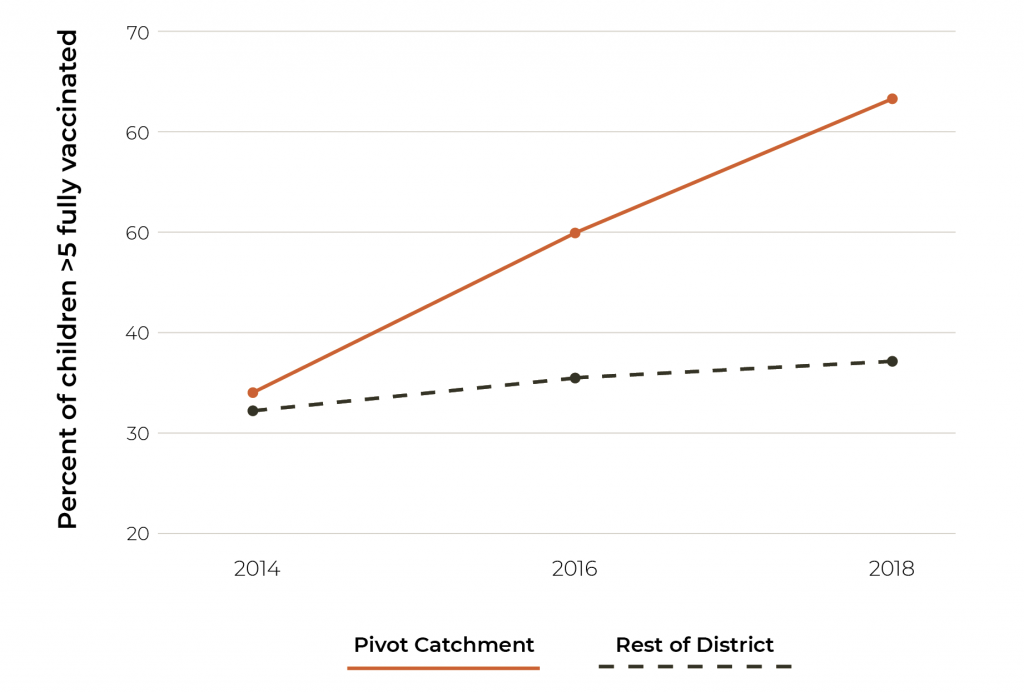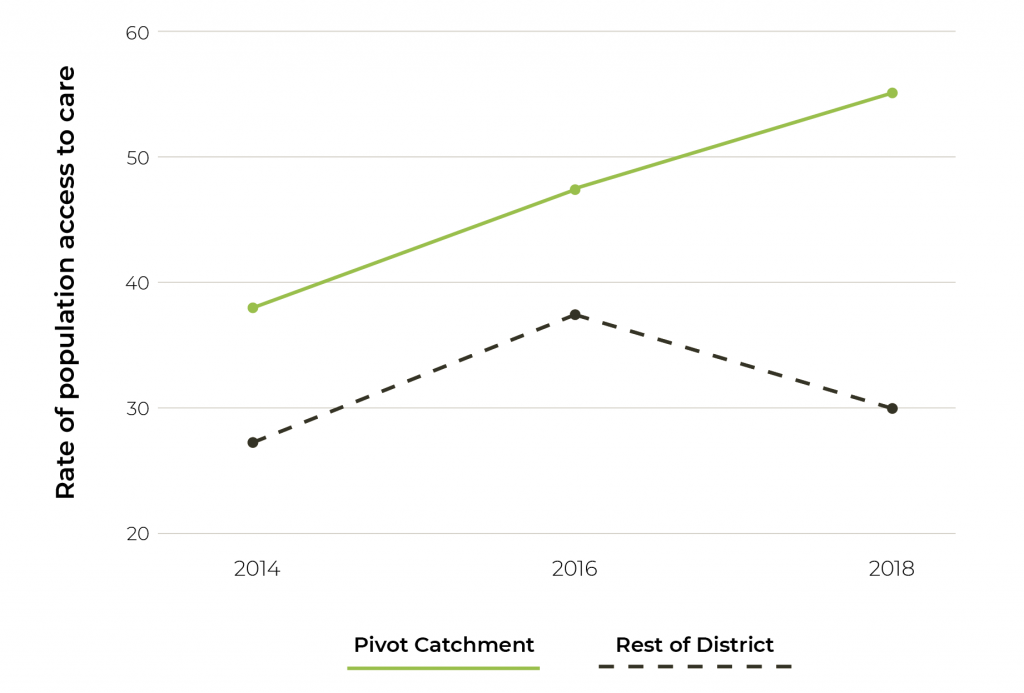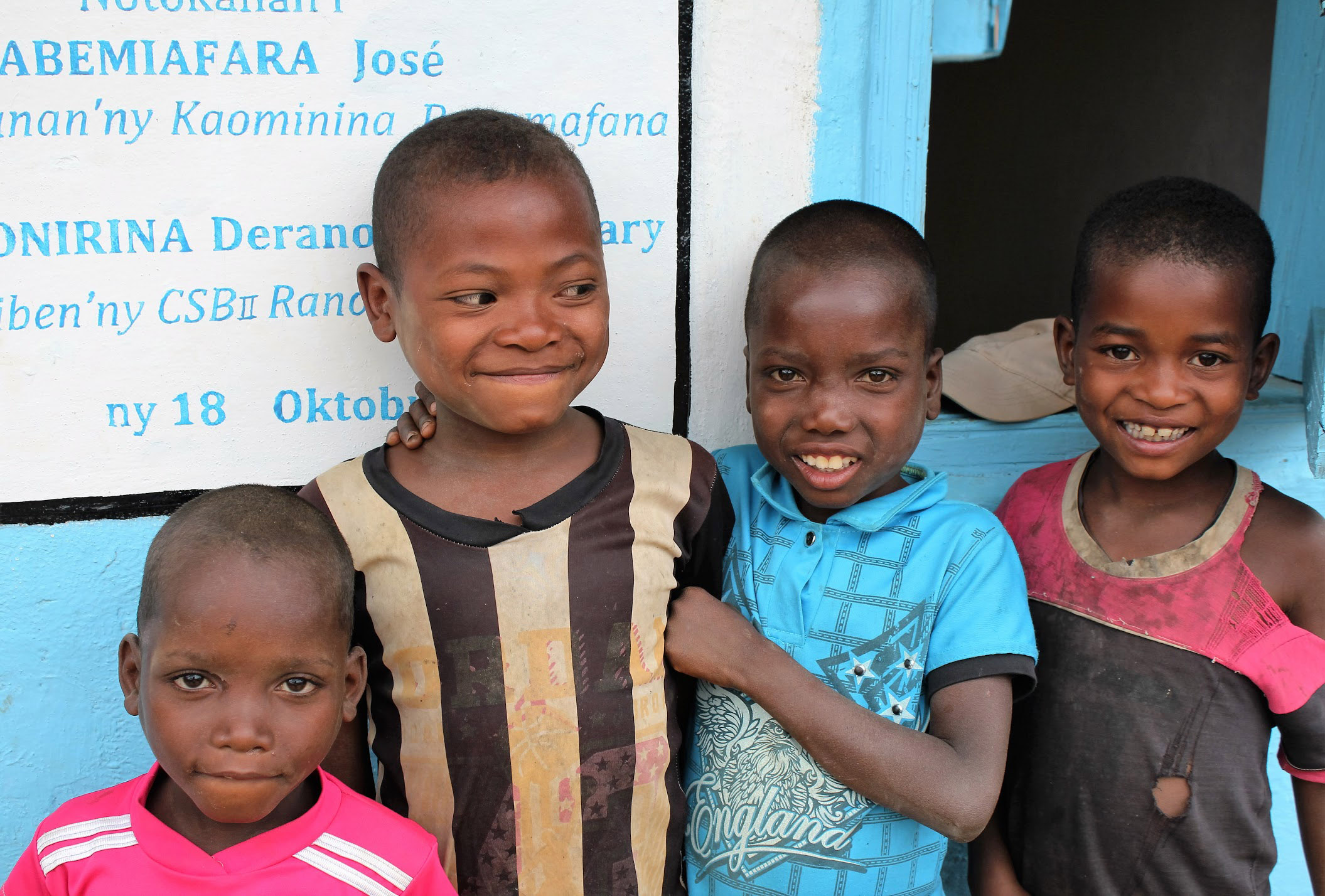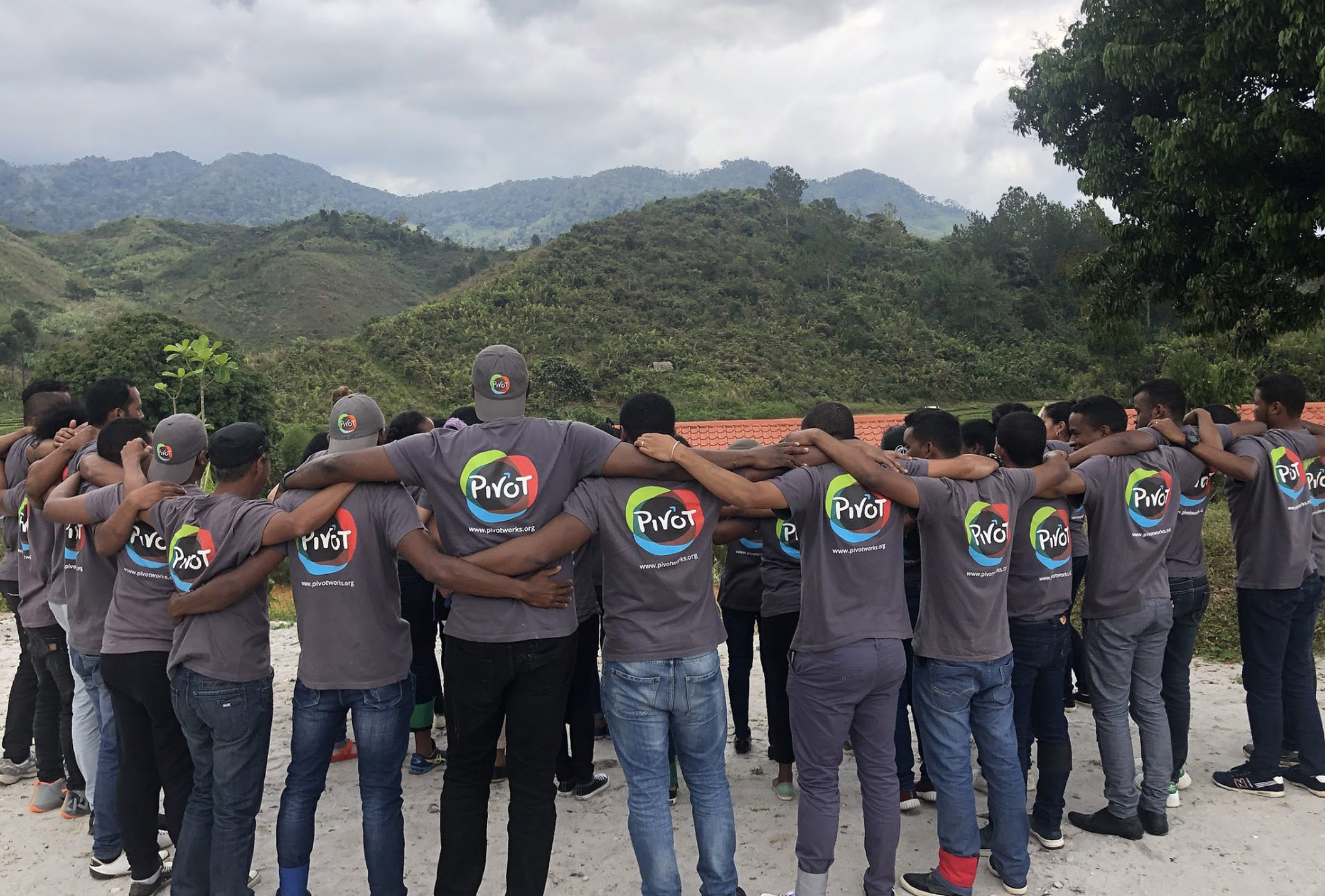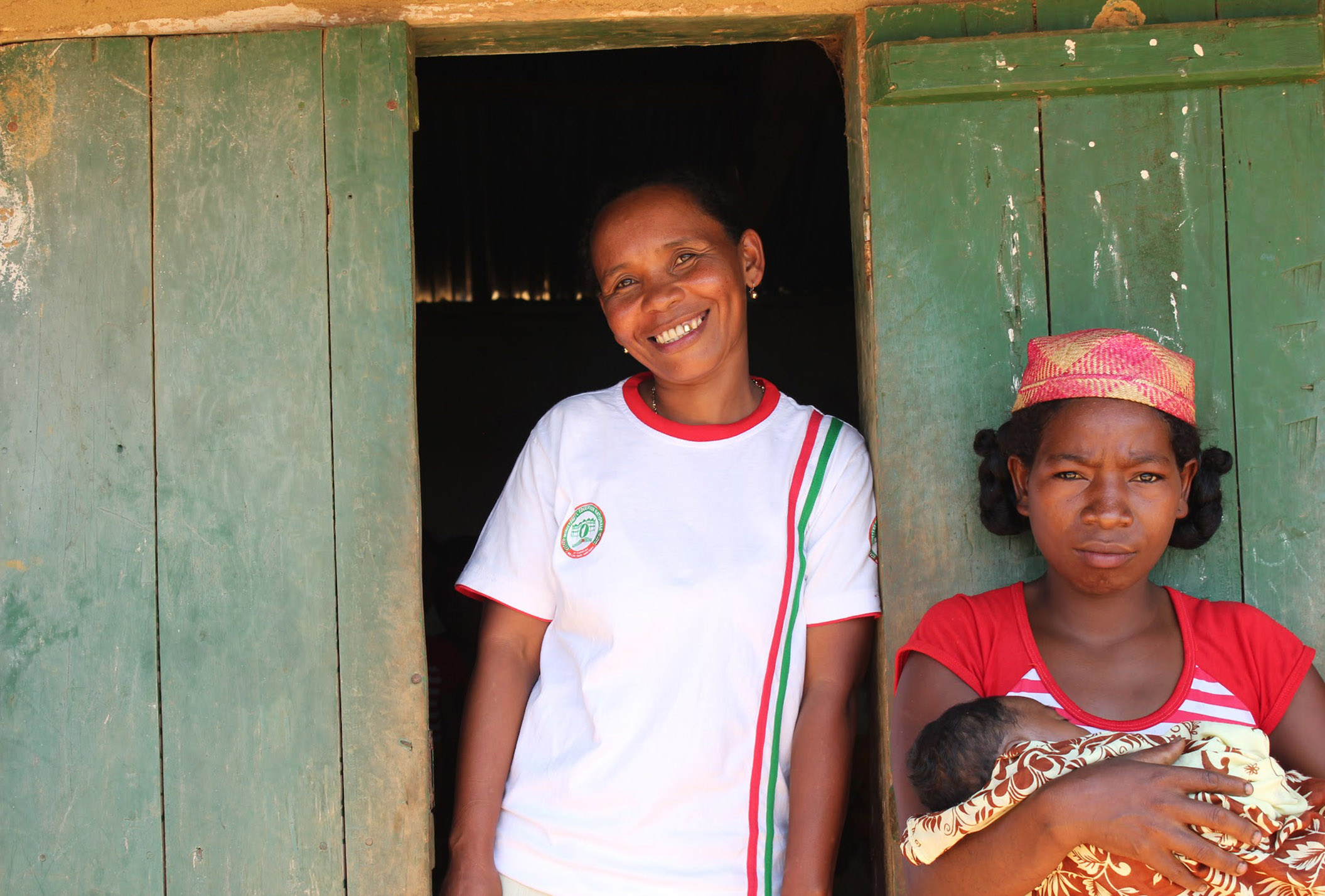Model systems can marshal the full power of science to tackle the interconnected problems that prevent people from getting the care they need.
Complex problems can be overwhelming, too often causing inaction or complacency.
They are why people suffer needlessly when solutions exist, and why we narrow our focus to isolated, “tractable” problems.
Denial is not the answer. Science is.
We are here — ecologists, epidemiologists, mathematicians, physicists, biologists, geographers, clinicians, and economists — taking on complex challenges that can be solved.


